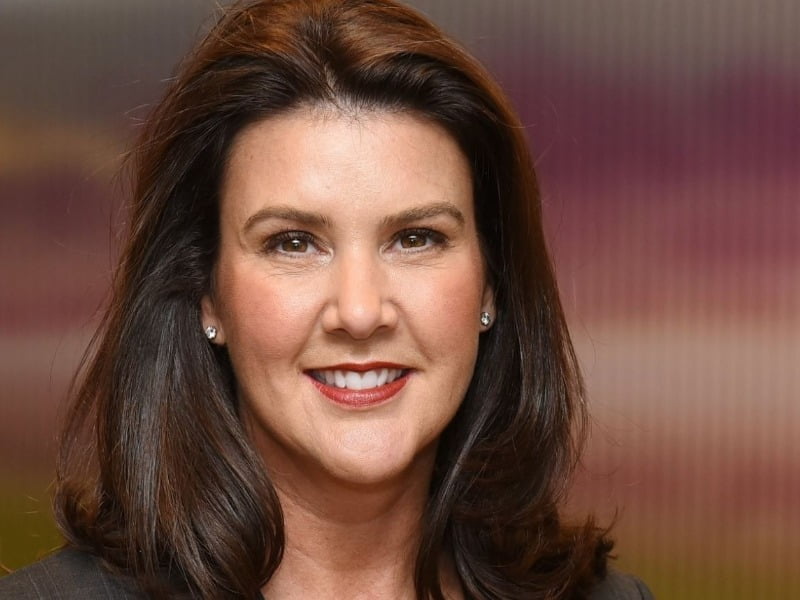Australia’s new data portability scheme could lead to “hyper-tailored” retirement income based on a person’s insurance, health and financial data, according to the minister leading the initiative.
In a speech on the Consumer Data Right (CDR) on Tuesday, Minister for Superannuation, Financial Services and the Digital Economy Jane Hume described the retirement scenario as one of the advanced future applications of Australia’s data portability scheme.

She said Australians approaching retirement age may choose to share data using CDR – which mandates data holders like banks and energy companies make consumers’ information available in a machine-readable way – with a financial advisor in order to customise their plans.
“Applying predictive analysis to the data shared with your consent, you could receive a hyper-tailored assessment of what is the best retirement income for you based on your own actual data and lifestyle.
“While we’re a little way off this reality just yet – this is where we hope to get to, and beyond,” Ms Hume said in a speech to the Australian British Chamber of Commerce.
The minister flagged health tracking, insurance, banking and government-held tax data as potential information sources to inform the retirement plans.
The CDR is already underway in the banking sector, allowing consumers to share their banking data with another CDR Accredited Data Recipient like another bank or comparison service. The scheme is also being applied to the energy sector and is under consideration for telecommunications.
“The CDR creates the secure infrastructure for easy and safe, opt-in consumer data-sharing. It puts consumers in the driver’s seat – giving households and businesses more power and control,” Ms Hume said.
The data sharing also has cross sector potential, such as a recent COVID-19 “hotspot” alert system which used consumers’ banking data, with their consent, to match their location against New South Wales Health data, providing alerts before the state government in some cases.
Ms Hume said CDR had continued to gain momentum in the banking sector with 87 banks and their secondary brands now sharing data under the scheme. She acknowledged the slow rollout of CDR, which has experienced multiple start date delays and complaints about onerous accreditation requirements, saying the scheme has a “long way to go” before reaching its economy wide potential.
“CDR is a dynamic and evolving program of work. As it is rolled out across the economy and the system matures there will be ongoing maintenance and continued phases of build, implement and grow as we add more and more datasets,” Ms Hume said.
“It’s important to remember the scale and significance of the CDR – as a greenfields, transformational economic reform, it will fundamentally change how Australians engage with and benefit from data.”
A review of the CDR late last year made 100 recommendations to improve the scheme and its adoption, including the fundamental change from a read-only model to “action initiation” where providers could act on consumers behalf.
The government is yet to formally respond to the 2020 review, but allocated $111.3 million in this year’s budget to accelerate the roll out of CDR, and amended the scheme’s rules last month to reduce barriers to entry.
“Importantly, as we roll out across the economy, we will seek to prioritise sectors and datasets identified as being of greatest value to consumers – including when considered against data already available via the CDR framework,” Ms Hume said.
“This will ensure a truly consumer-centric approach and consumers being able to realise real benefits faster.”
Do you know more? Contact James Riley via Email.


Can someone somewhere tell me where the general public gets a say in this Consumer Data Right matter.I find it incredible that something of this significance can be undertaken without public consultation.As someone who has been involved in the information management industry for a long time I find the digital world and its continnuing aggregation of information into consolidated data sets of a persons supposedly private and personal information under the guise of giving customer choice is appalling.I can see overtime the persons profile being quite comprehensive ( if it is not already there somewhere in the cloud with access to it by all and sundry including Govts) and the potential for same to be used against them in one form or another.
An open discussion of this would be great Jane, say on a program like Q & A-The Project-Insiders-The Drum and webinars on this issue. The written press would be great also